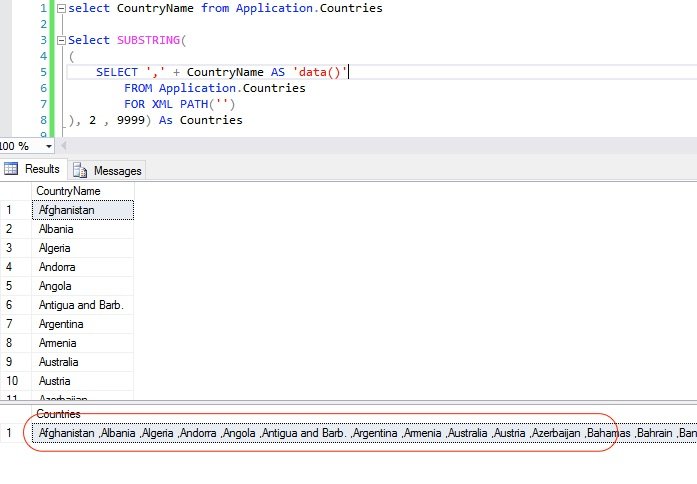Saphirah
Active member
- Local time
- Today, 10:34
- Joined
- Apr 5, 2020
- Messages
- 162
Hello everyone,
i have 2 tables, tbl_Task and tbl_Worker. They are connected using a 1-n relationship over the "TaskID" and "TaskID_F", so one Task can have multiple workers.
What i want to do now is, i want to show the names of all the workers, seperated by a comma for each task.
So i need to append the "WorkerNames" together, to create a string. An example would be "Paul, Anna, Sophie".
Is this possible in Access using pure SQL? I already created a VBA function to handle this, but due to the fact that i am using a continous form, i want to remove as much vba as possible.
Cheers and thanks for your help
i have 2 tables, tbl_Task and tbl_Worker. They are connected using a 1-n relationship over the "TaskID" and "TaskID_F", so one Task can have multiple workers.
What i want to do now is, i want to show the names of all the workers, seperated by a comma for each task.
So i need to append the "WorkerNames" together, to create a string. An example would be "Paul, Anna, Sophie".
Is this possible in Access using pure SQL? I already created a VBA function to handle this, but due to the fact that i am using a continous form, i want to remove as much vba as possible.
Cheers and thanks for your help

